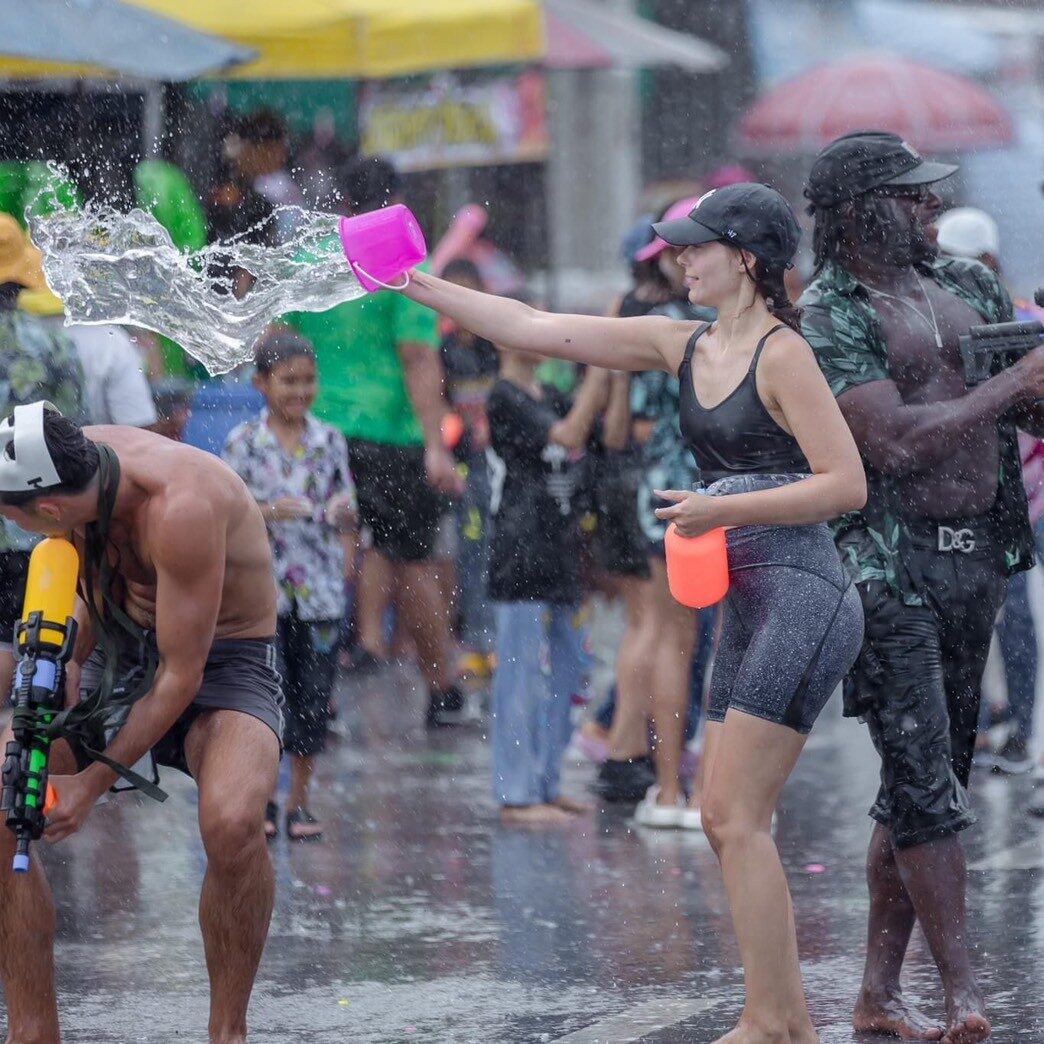Songkran, Thailand’s exhilarating New Year festival, is a whirlwind of water fights, vibrant traditions, and joyous celebrations. More than just a chance to cool off in the April heat, Songkran, running from April 13th-15th (though festivities often last longer), symbolizes renewal, purification, and the washing away of the old to make way for the new. It’s a time when families reunite, temples are filled with offerings, and the streets transform into playful water battlegrounds.
A Deeper Dive into Songkran’s Roots
Songkran’s origins lie deep within ancient Siamese traditions, blending Brahmanic and Buddhist influences. The word “Songkran” itself comes from the Sanskrit word “Sankranti,” signifying the astrological passage of the sun into a new sign. Traditionally, the holiday was a more solemn occasion, focused on paying respect to elders, visiting temples, and gently sprinkling water on Buddha statues as a sign of reverence. This act of gentle cleansing has evolved into the exuberant water fights we know today.
Songkran is a time for renewal and reverence. Buddhists visit temples to cleanse Buddha statues with water, a symbolic act of purification. Offering alms to monks is a way of making merit, setting intentions for a positive new year. Showing respect to elders is also central, with younger generations pouring water over their hands to receive blessings. And, of course, the playful water fights, a beloved tradition, serve as a fun way to “wash away” the negativity of the past year.
Beyond the Water Guns: Traditions and Merriment
While the epic water fights are undoubtedly a highlight, Songkran is rich in cultural significance. Visiting temples to offer food to monks and receive blessings is a common practice. Families gather to share special meals, often featuring traditional dishes like Gaeng Keow Wan Gai (green curry), Pad See Ew (stir-fried noodles), and the iconic Khao Niao Mamuang (mango sticky rice). Homes are decorated with fragrant flowers, and the air is filled with a sense of joy and anticipation. In some regions, elaborate parades showcase traditional costumes, music, and dance, offering a glimpse into Thailand’s rich heritage. One unique tradition is the building of sand pagodas, intricate structures crafted from sand and decorated with colorful flags, symbolizing merit-making and the impermanence of life.
Songkran Fun at Battle Conquer Gym
At Battle Conquer Gym in Phetchabun, we embrace the spirit of Songkran with a unique blend of fun and cultural appreciation. While we might not be on the bustling streets of Chiang Mai or Bangkok, we bring the festive spirit to our community. Imagine starting the day with a traditional Thai blessing ceremony followed by an invigorating Muay Thai session. Then, get ready for some friendly competition with our own version of a Songkran water fight! We might swap water guns for buckets and incorporate some fun challenges into the mix. And, of course, no Songkran celebration is complete without delicious Thai food! We’ll share a special meal together, celebrating the new year with our fitness family. We’ll also have some fun activities planned, from traditional Thai games to maybe even a sand pagoda building competition (miniature version, of course!) or a nightly game of poker at Noi’s cafe.
Join the CelebrationSongkran is a time for joy, renewal, and community. Whether you’re a seasoned Muay Thai fighter or just looking for a fun and unique way to celebrate the Thai New Year, Battle Conquer Gym is the place to be. Contact us to learn more about our Songkran festivities and how you can join the fun! Don’t miss out on this unforgettable experience!
